In today’s fast-moving digital world, having an app isn’t just a trend—it’s a tool for growth. Whether you’re a startup, a local business, or an expanding brand, custom app development can help improve customer engagement, speed up business processes, and create new revenue opportunities.
But the most common question is: how much does custom app development actually cost?
The answer? It depends. Let’s explore what factors affect app development pricing and how you can plan smartly—without breaking the bank.
Why Do Businesses Need Custom Apps?
Before discussing the price, it’s important to understand why many businesses choose to build custom apps.
Custom apps are designed specifically for your needs. Unlike ready-made solutions, they let you:
- Tailor features to fit your exact process
- Improve user experience with focused design
- Easily integrate with existing systems
- Scale your business with more control
In short, a custom app is built for you, by you—and that gives it unmatched value.
II. Key Factors That Influence App Development Costs
1. App Complexity
The more complex your app is, the higher the cost. An app with basic features like login and product listings will be more affordable than one with chat, AI, or payment integration.
2. Design and UX
If you want smooth animations, branded layouts, and intuitive flows, you’ll need a skilled designer. Quality design boosts user satisfaction—but it adds to the cost.
3. Platform Choice
Are you targeting Android, iOS, or both? You can go for native (separate builds) or cross-platform (single codebase for both). Cross-platform is usually more budget-friendly.
4. Backend Requirements
Apps with user accounts, data syncing, or real-time updates need a strong backend. The more data-heavy or interactive your app is, the more you’ll spend.
5. Team Location
Developers’ rates vary around the world:
- US/UK developers: $100–$200/hour
- Eastern Europe/Latin America: $40–$100/hour
- Asia (India, Philippines): $20–$50/hour
Choosing the right team can help balance quality and cost.
6. Ongoing Support
Even after launch, your app needs maintenance—bug fixes, feature upgrades, and system updates. Set aside 15–20% of your development cost yearly for this.
III. Cost Estimation Models
1. Fixed Price Model
Perfect for smaller projects with clearly defined features. You pay a set amount, no surprises.
2. Time and Material Model
Flexible and ideal for changing requirements. You pay based on hours spent.
3. Dedicated Team Model
Great for long-term or evolving projects. You hire a full team and pay monthly.
IV. What’s the Average Cost?
Here’s a general idea:
| App Type | Estimated Cost |
|---|---|
| Basic App | $10,000 – $30,000 |
| Medium Complexity App | $30,000 – $80,000 |
| High-End/Enterprise App | $80,000 – $200,000+ |
These numbers vary depending on your requirements and development partner.
V. Cost-Saving Tips
Here’s how to keep your custom app development within budget:
1. Start with an MVP
Build a Minimum Viable Product first. Focus on core features, get real feedback, and improve over time.
2. Prioritise Features
Start with essential tools. Add more once your app gains traction.
3. Use Cross-Platform Development
Save time and money by building one app that works on both Android and iOS.
4. Hire the Right Development Partner
Work with a team that’s experienced, reliable, and fits your budget. Many trusted providers offer custom software development services that balance quality with cost.
VI. Conclusion
Custom app development is an investment—but it can unlock big returns when planned well. From increasing customer satisfaction to improving internal workflows, the benefits are clear. But before you dive in, it’s crucial to understand the factors that impact cost and choose a strategy that fits your goals.
If you’re a small business planning your digital journey, working with experienced partners offering Custom Software Development Services For Small Business can help you get started quickly and effectively—without wasting time or money.
FAQs
1. How long does it take to build a custom app?
It can take anywhere from 2 to 12 months depending on the app’s complexity.
2. What platform should I build for first—Android or iOS?
It depends on your target audience. Android is more widely used, but iOS users tend to spend more.
3. What’s the difference between a native and cross-platform app?
Native apps are built for one platform (iOS or Android), while cross-platform apps work on both with a single codebase.
4. How do I maintain my app post-launch?
Regular updates, bug fixes, and performance checks are key. Set aside a budget for ongoing maintenance.
5. Can I build a custom app on a tight budget?
Yes! Start with an MVP, focus on must-have features, and consider outsourcing to affordable regions.
6. Do I need technical knowledge to manage an app project?
Not necessarily. A good development team will guide you through every step and handle the tech side.

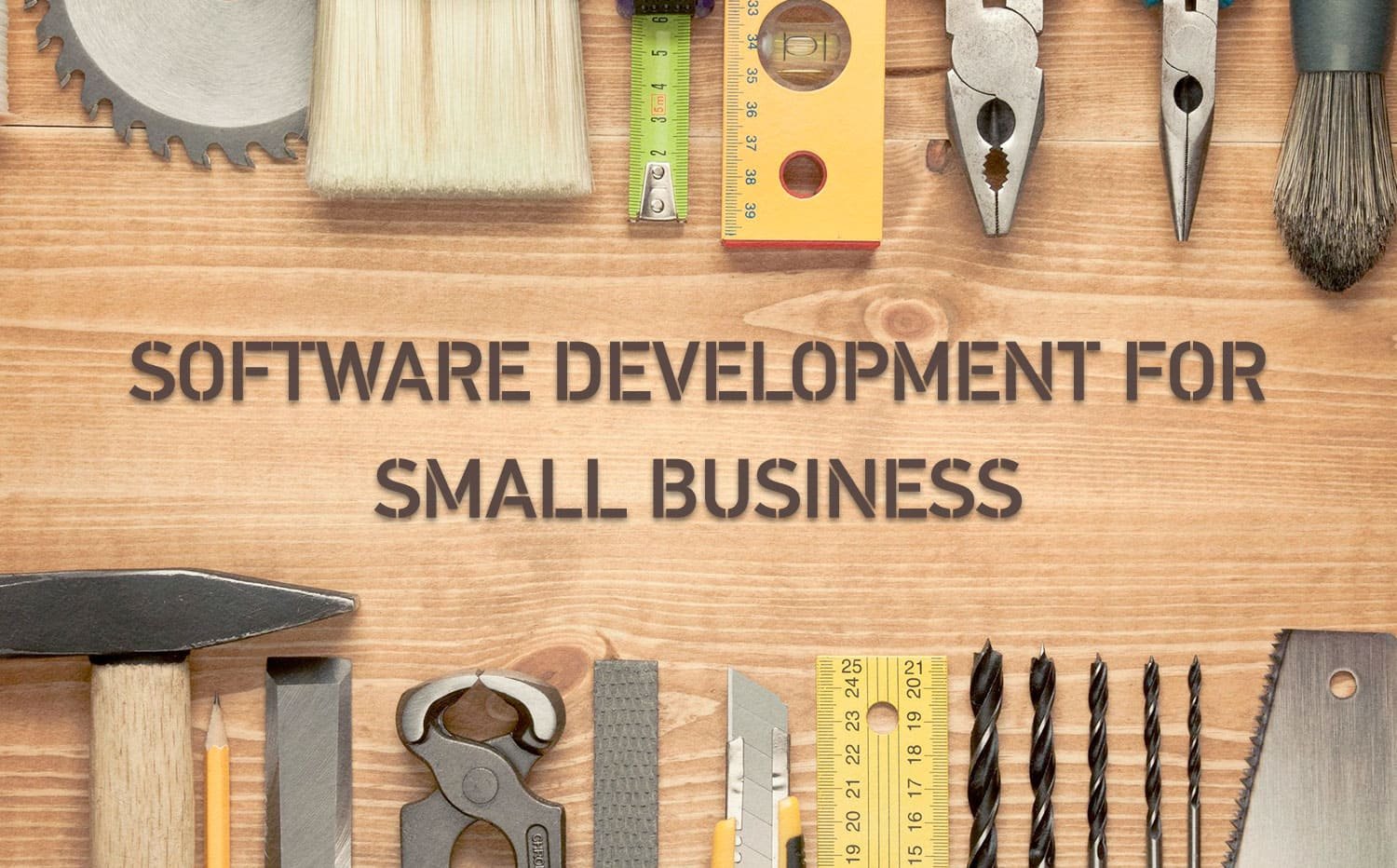

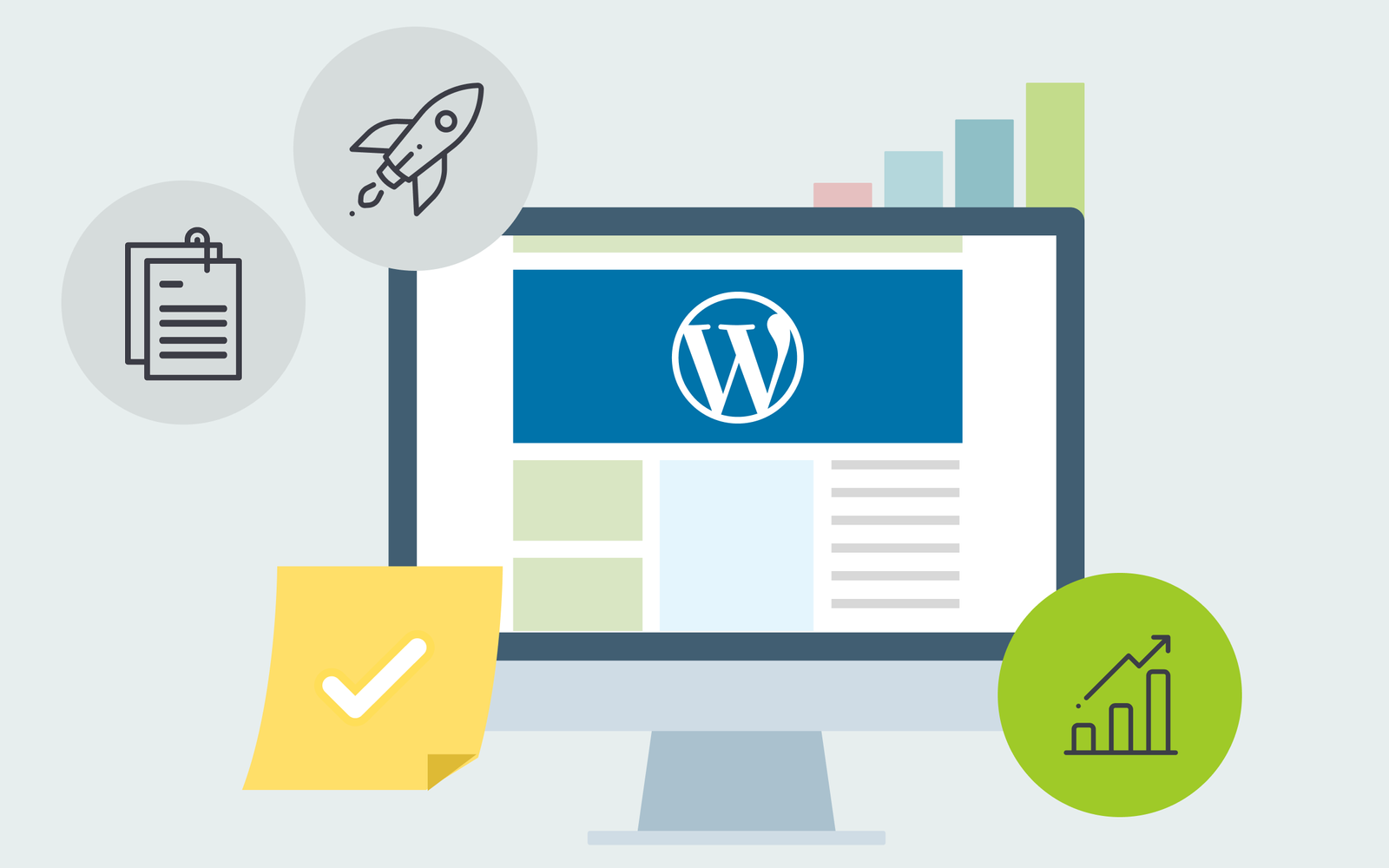
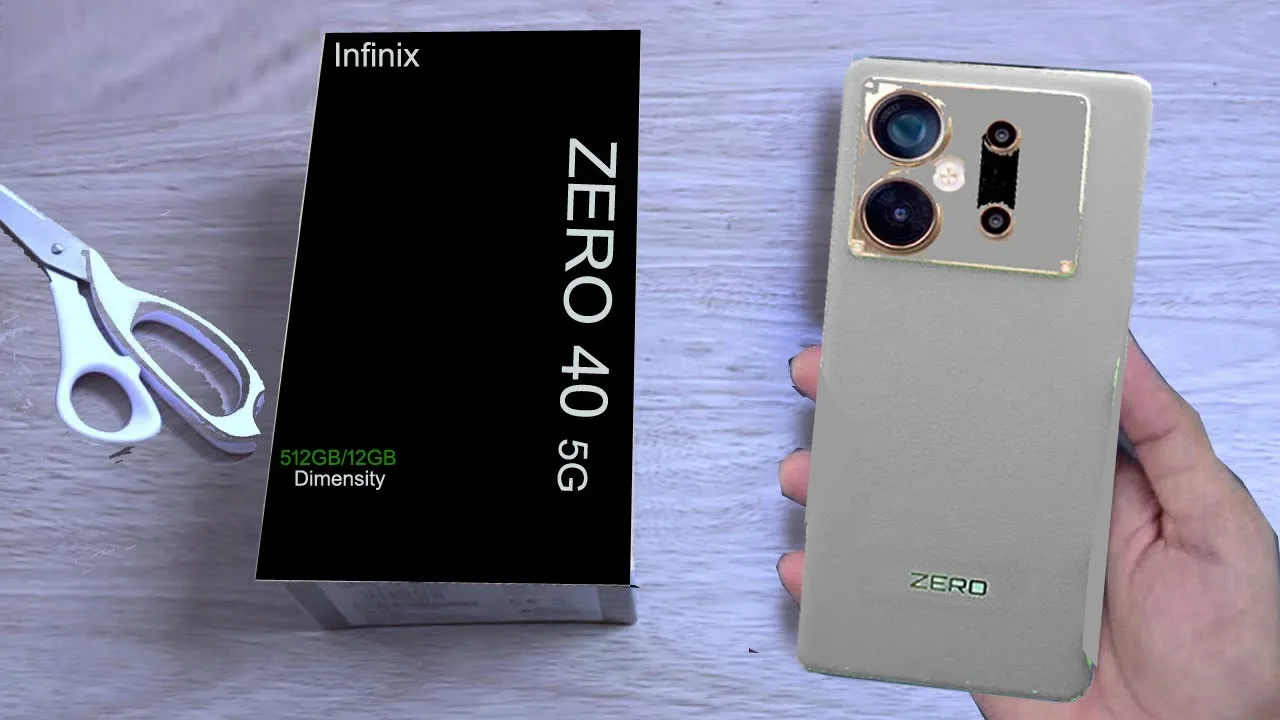
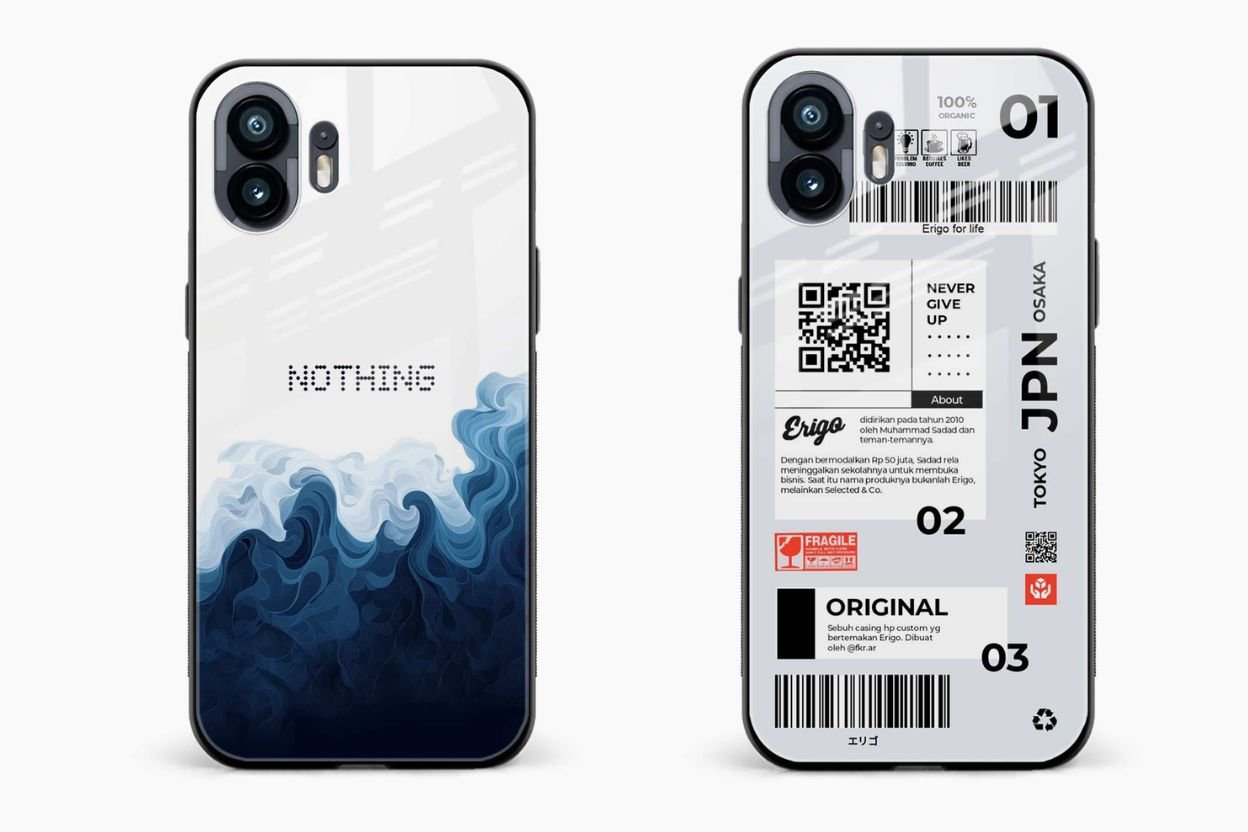

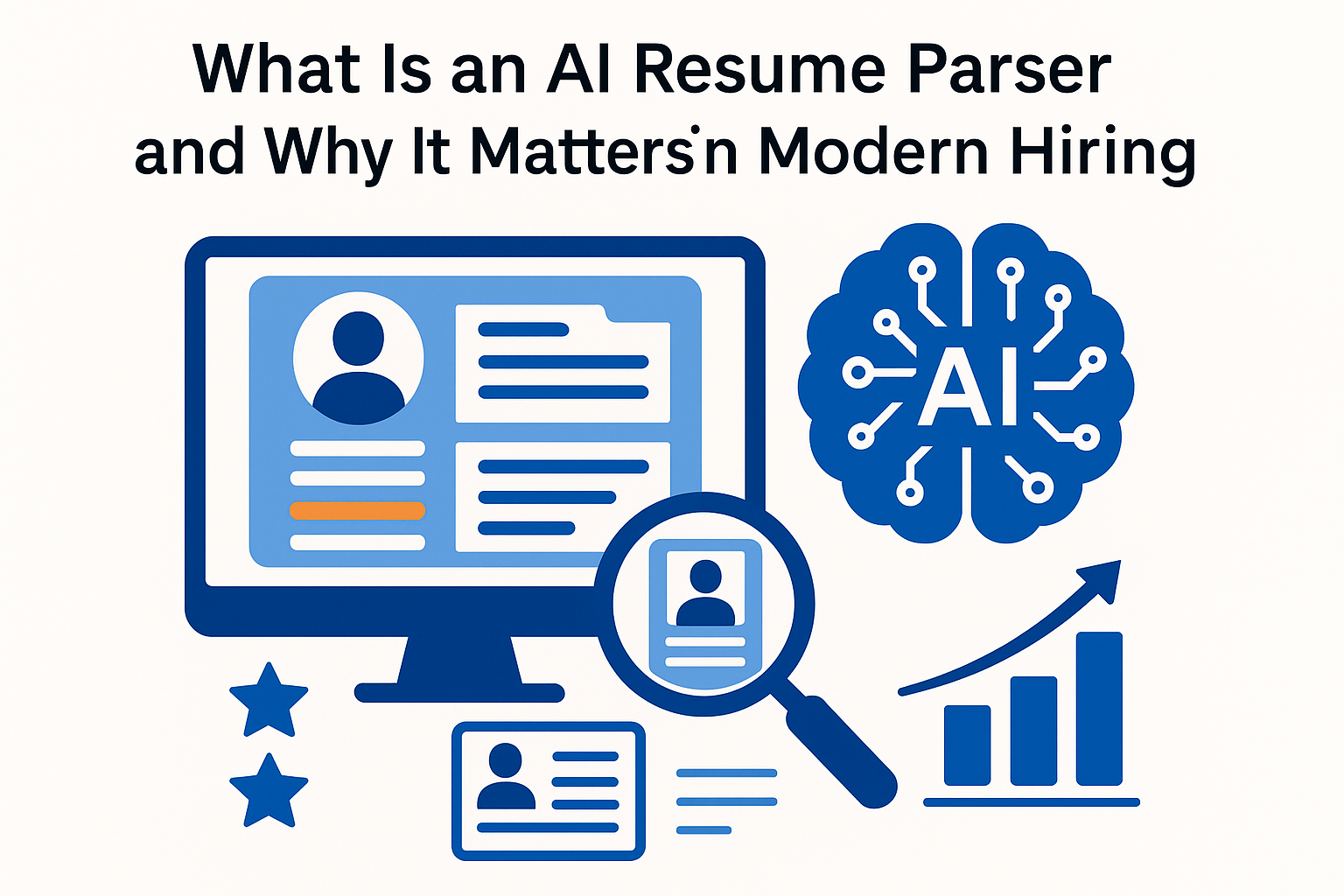
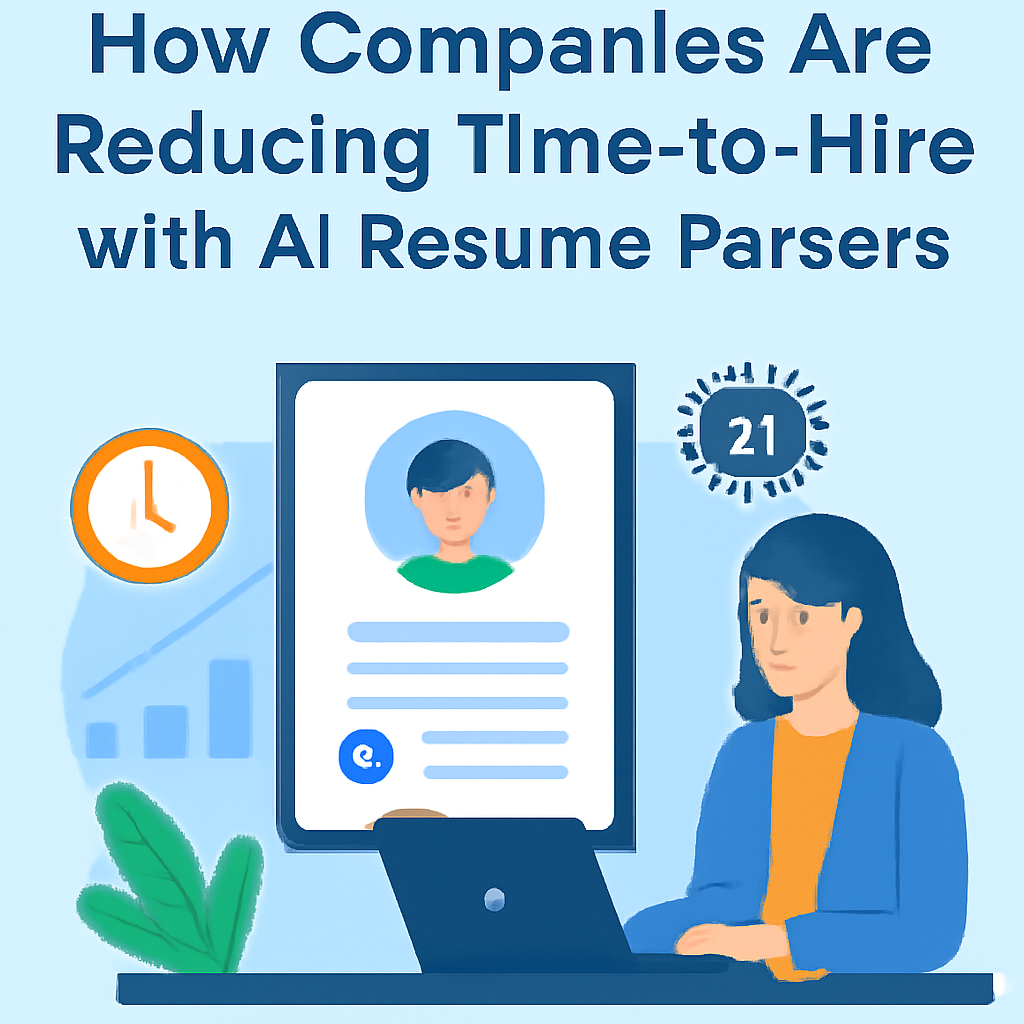



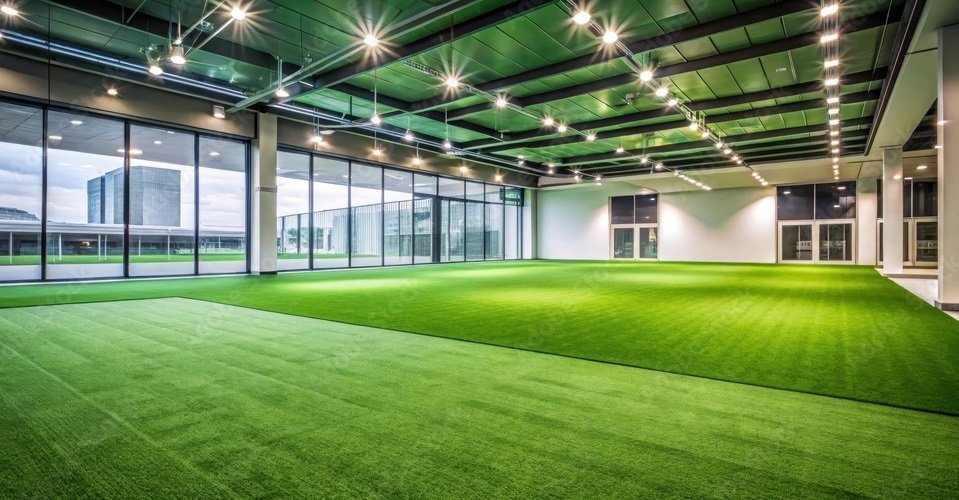



Leave a Reply